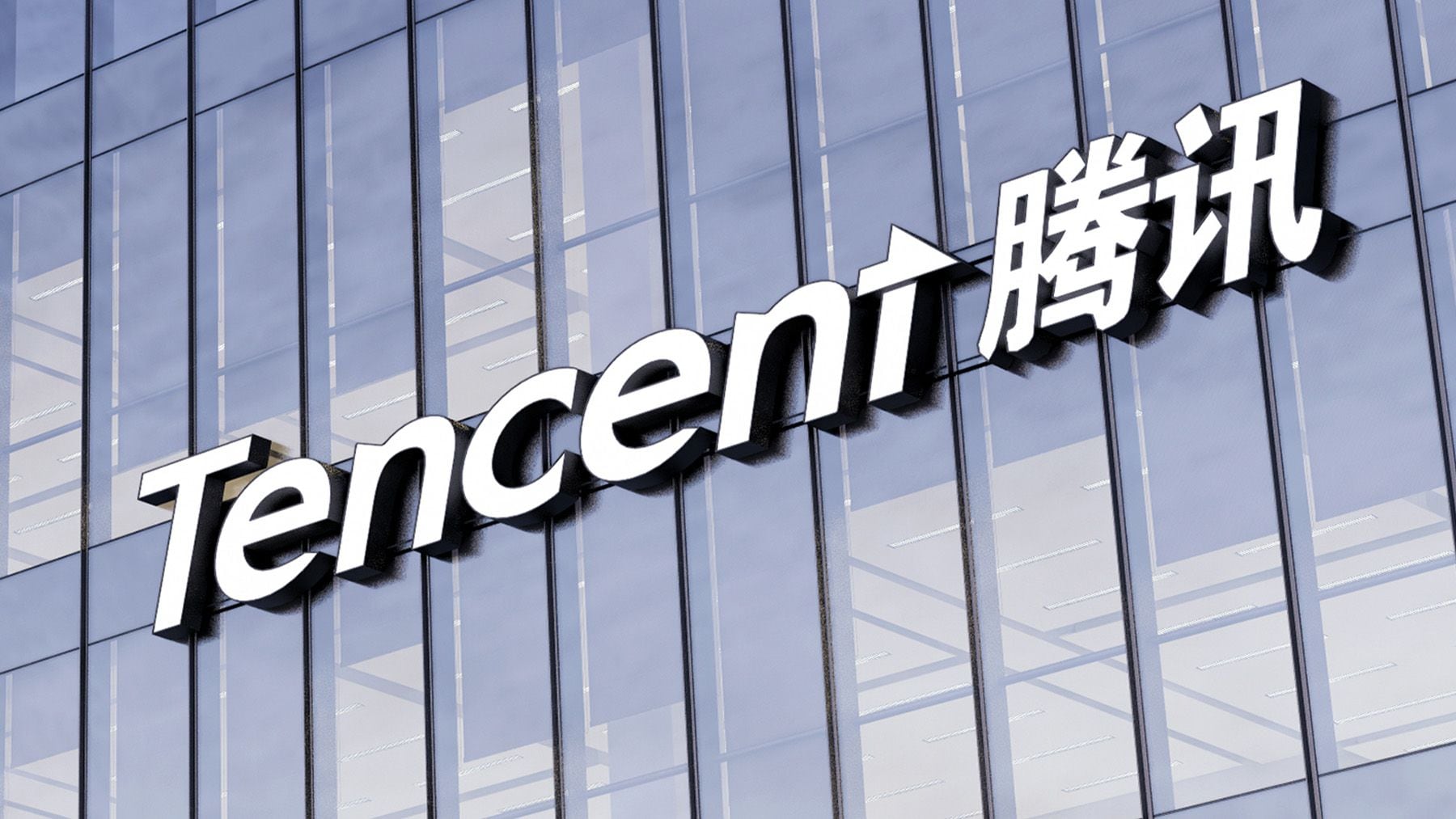
Tencent Holdings Ltd.’s earnings beat estimates in another sign that Chinese consumers remain willing to spend on games and entertainment during a nationwide downturn.
The WeChat operator reported growth across divisions from gaming and advertising to fintech, driving a 10 percent gain in revenue to 154.6 billion yuan ($21.4 billion) for the September quarter. Net income slid 9 percent, reflecting ramped-up spending on content, but still exceeded expectations at 36.2 billion yuan. Shares in Prosus NV, a proxy for Tencent as its largest shareholder, climbed more than 4.8 percent in Amsterdam.
The results may help assuage concerns that the world’s largest internet arena has lost steam after years of regulatory and economic turmoil. They reinforce views that lower-cost and leisure spending remains resilient despite pullbacks in a plethora of segments from luxury to overseas travel. Investors worry that the Chinese economy is in danger of entering a deflationary spiral, a fear reinforced by lackluster spending on e-commerce platforms during this year’s Singles’ Day shopping festival.
Chinese consumption remains muted thanks to a plethora of headwinds from a crumbling property market to rising youth unemployment. Deflationary pressure worsened in October, fuelling expectations the world’s No. 2 economy needs more stimulus to shore up growth.
But Tencent hopes its mainstay businesses from gaming to payments are less vulnerable to the downturn as consumers keep spending on low-ticket items. Monetisation by summer hits including Valorant and Lost Ark is expected to fully kick in during the remainder of this year, while the world’s biggest games publisher expands Honor of Kings – its most lucrative intellectual property – into more genres.
Online advertising, typically closely associated with the economic climate, was Tencent’s fastest-growing division with a 20 percent gain in revenue. That was driven in part by growing user engagement in video, where total views climbed 50 percent during the quarter.
Alibaba Group Holding Ltd. and NetEase Inc. will report earnings Thursday in another set of signals on how e-commerce and gaming fared during the post-pandemic reopening.
Longer run, Tencent joins much of the Chinese tech sector in exploring the potential of generative AI. Its in-house large language model, Hunyuan, is now integrated with more than 180 services including search and online marketing. Together with arch-foe Alibaba, the Shenzhen-based company also made multiple bets on domestic AI upstarts in the so-called “war of a hundred models,” helping mint new unicorns like Baichuan.
Still, WeChat for now is a more dependable growth driver before any AI foray comes to fruition. China’s go-to super app is credited with engineering a turnaround in ad sales, after its short video feed lured users and marketers back from ByteDance Ltd.’s Douyin. But TikTok’s Chinese twin, meanwhile, is rapidly encroaching on WeChat’s territory, adding real-world services like e-commerce and food delivery.
Shares of Tencent have plunged roughly 25 percent since its January high, trailing the Hang Seng Tech Index. That’s despite the Chinese firm returning about $24 billion to shareholders via buybacks and dividends this year. Tencent’s largest shareholder Prosus remains an overhang, as the Dutch investment arm of Naspers Ltd. has been gradually offloading its Tencent stake to fund its own buybacks.
This article was written by Zheping Huang from Bloomberg and was legally licensed through the DiveMarketplace by Industry Dive. Please direct all licensing questions to legal@industrydive.com.
Learn more:
Reports: China Readies Big Tencent Fine in Crackdown
China is preparing to slap a fine on Tencent Holdings Ltd. as part of its antitrust crackdown on the country’s internet giants, Reuters said, citing people with knowledge of the matter.



